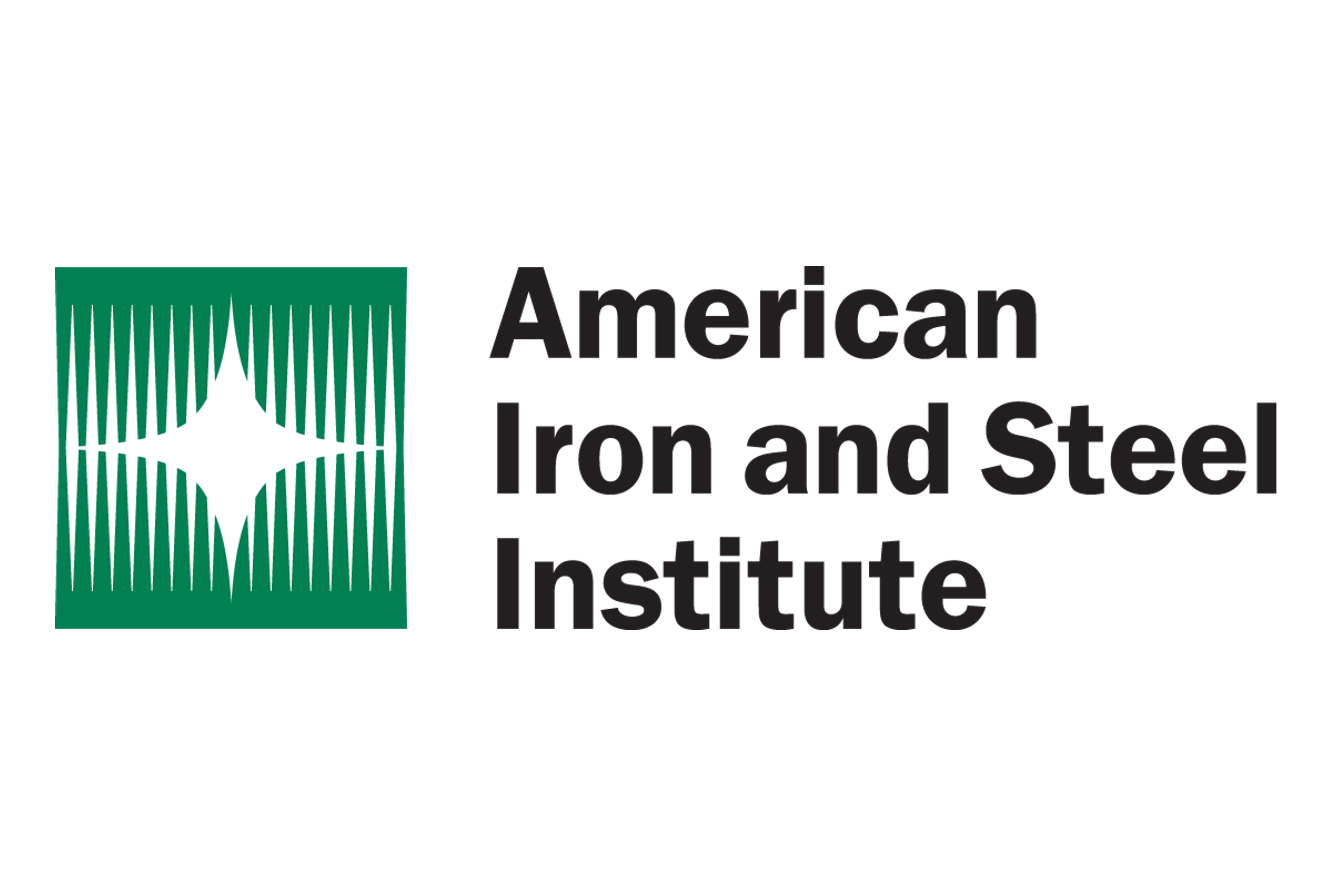Market Segment

March 15, 2016
ArcelorMittal Reportedly Offers Trinidad Steel Mill to Government for $1.00
Written by Sandy Williams
ArcelorMittal has offered its Trinidad steel mill to the government of Trinidad & Tobago for price of $1.00, according to Ramumar Narinesingh, vice-president of The Steel Workers Union (SWUTT).
The one dollar price comes with $1.3 billion of debt, however, and the question of whether it would be a good or bad investment for the government.
Narinesingh said the union was never told the company was incurring large debts. He cited “wanton expenditures” since 2009 by executives that could have been curbed to prevent closure of the mill. Narinesingh said the union believes the main creditor is Lakshmi Mittal himself.
ArcelorMittal says the closure is due to extremely weak steel orders and a net loss of US$281 million in 2015 that has followed a trend of yearly losses since 2009.
Prime Minister Dr. Keith Rowley called the announced closure of the mill “disappointing.” He added, “This far reaching action, taken without reference or discussion with the Government of Trinidad and Tobago, affecting thousands of our citizens, we view as punitive and disrespectful in the extreme.”
In interviews with economists by T&T Guardian, University of the West Indies economist Vaalmikki Arjoon recommended taking the deal to save other businesses that will be affected by the closure.
“We are not only going to have the issue of 700 workers on the breadline, we are also going to have the issue of smaller companies impacted because ArcelorMittal will no longer be operating here,” said Arjoon. He went on to say the social implications were more important than the 1.3 billion debt.
Mariano Browne, managing partner at Browne and Company and former Minister in the Ministry of Finance, presented an opposing view saying it would not be “good business sense” to buy the debt-ridden plant.
Browne noted that prior to 1986 the government bought failing companies in an attempt to save jobs which largely failed. The closure is not about fairness, but is about proper management, he said.
Said Browne, “Mittal is one of the richest men on the planet. He got there by knowing how to negotiate hard and he has had success, so these recent steps are not about fairness, it is about getting what he wants.”
“He has done this before In Europe quite successfully, so this has nothing to do with that respect. In fact it is intentionally disrespectful. The more incensed the other party is, the easier it is to negotiate successfully.”
Economist Dr. Roger Hosein told the Guardian that the T&T economy cannot afford the one dollar purchase because of the attached debt.
“Our own experience with steel in the 1980s under state ownership was one in which the local company was hit with a voluntary export restraint from the United States and this made it extremely difficult for the domestic firm to subsist,” said Hosein.
Rowley said that “it is our expectation that this is not the end and that there is still room for the country and the investor to talk and work our way out of these very real difficulties.”







